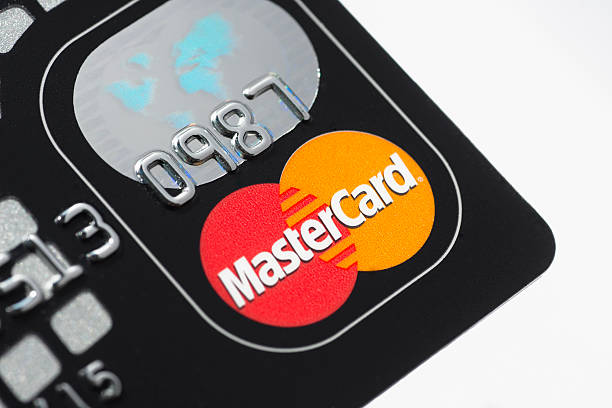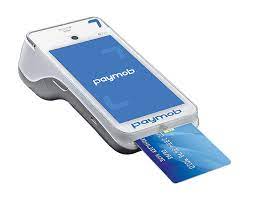Physical Address
60 Ekwema Cres, Layout 460281, Imo
Physical Address
60 Ekwema Cres, Layout 460281, Imo

In a significant effort to promote cashless transactions in the Middle East and North Africa (MENA) area, Paymob and Mastercard have collaborated.
This partnership is designed to provide small and medium-sized businesses with cost-effective tools to accept digital payments, enhance customer experiences, and foster economic growth opportunities.
In this piece, we’ll be reviewing all you need to know about this strategic partnership and ways it would help the MENA regions.
The partnership focuses on helping smaller businesses that may struggle with adopting technology, making digital payments more accessible. Paymob’s existing setup and Mastercard’s proven payment technology will provide solutions like “Tap on Phone,” turning smartphones into contactless payment devices.
This includes options for e-commerce and payment links, catering to a range of businesses, from street vendors to online shops.
The focus is on making digital payment solutions more affordable. Paymob and Mastercard aim to help small businesses in the MENA region by offering cost-effective options for accepting digital payments. This supports Mastercard’s goal of bringing 50 million small businesses into the digital realm by 2025 and Paymob’s mission to empower smaller businesses in the MENA region.
Read Also: Meet the Ugandan Techies Behind StartRight
Paymob’s CEO, Islam Shawky, stated that the partnership with Mastercard aligns with their mission to support MSMEs by providing access to advanced financial solutions. They aim to promote affordable digital payments in the MENA region, fostering a shift to cashless transactions.

Gaurang Shah, EVP at Mastercard, emphasised their commitment to secure payment solutions for MSMEs and highlighted the collaboration’s focus on empowering small businesses to thrive in the digital economy.
This partnership offers more than just convenience. By enhancing acceptance of digital payments, it can promote financial inclusion, allowing more people to engage in the formal economy. This not only improves business efficiency and transparency but also creates opportunities for small and medium-sized enterprises (MSMEs) to access credit and other financial services.
Despite challenges like varying internet access and changes in consumer behaviour, the collaboration between Paymob and Mastercard marks a significant stride toward a more digital Middle East and North Africa (MENA) region. Empowering businesses with the right tools and ensuring a smooth digital payment experience for everyone, this partnership has the potential to unlock the economic possibilities of the region and foster a more inclusive financial future.
Read Also: 7 Hot Tech Jobs in Global Demand 2024
Paymob and Mastercard have joined forces to enhance digital payment acceptance in the Middle East and North Africa (MENA) region, aiming to drive the adoption of secure and convenient digital payment solutions.
The partnership will empower businesses in MENA by providing them with advanced digital payment solutions, enabling smoother transactions, increased customer satisfaction, and fostering overall economic growth.
The collaboration will bring forth a range of innovative digital payment solutions, leveraging Mastercard’s expertise in payment technology and Paymob’s local market insights to deliver seamless, secure, and efficient payment experiences.
The strategic partnership between Paymob and Mastercard marks a significant milestone in advancing digital payment acceptance across the MENA region. By leveraging Paymob’s innovative payment solutions and Mastercard’s global expertise in financial technology, this collaboration is poised to revolutionize the digital payments landscape in the Middle East and North Africa. As businesses and consumers increasingly embrace the convenience and security of digital transactions, the synergies between Paymob and Mastercard will play a pivotal role in fostering financial inclusion, driving economic growth, and transforming the way payments are conducted in the MENA region.